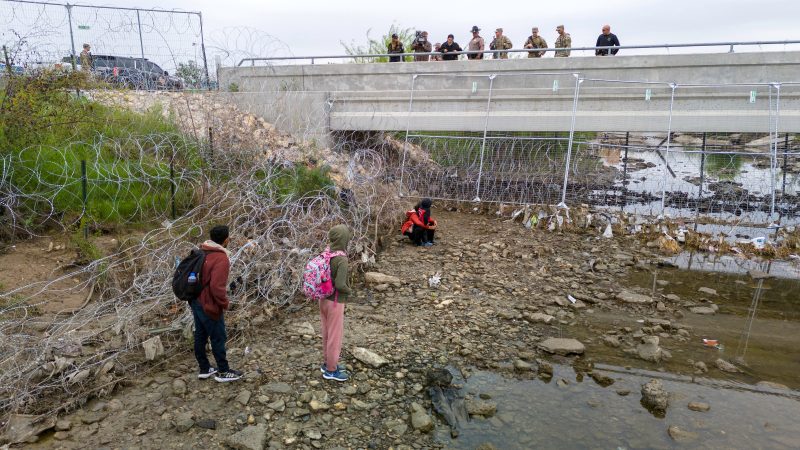In a recent turn of events, the Supreme Court has made a significant decision regarding Texas’ ability to arrest and deport migrants. This ruling comes at a particularly critical time when immigration policies and enforcement actions are under intense scrutiny.
The Supreme Court’s decision to clear the way for Texas to arrest and deport migrants marks a major development in the ongoing debate over immigration reform and border security. This decision has sparked heated discussions and debates across the political spectrum, with proponents of stricter immigration policies lauding the decision as a much-needed step towards bolstering national security, while critics argue that it raises serious concerns about due process and human rights.
One of the key implications of this decision is the potential for increased collaboration between state and federal authorities in enforcing immigration laws. By allowing Texas to take a more active role in apprehending and deporting migrants, the Supreme Court has paved the way for other states to potentially follow suit, leading to a more decentralized approach to immigration enforcement.
However, the decision has also raised questions about the legality and constitutionality of state-level immigration enforcement actions. Critics have pointed out that allowing states to detain and deport migrants could lead to violations of individuals’ due process rights and undermine the federal government’s authority over immigration policy.
Moreover, the decision has highlighted the complex and contentious nature of immigration politics in the United States. The ongoing debate over immigration reform, border security, and the treatment of migrants remains a highly divisive issue that continues to challenge policymakers and lawmakers at both the state and federal levels.
Moving forward, it will be crucial for stakeholders to closely monitor the implementation of the Supreme Court’s decision in Texas and its potential impact on immigration enforcement practices nationwide. As the debate over immigration policies and practices continues to evolve, finding a balance between national security concerns and humanitarian considerations will be key to shaping a more just and effective immigration system.
